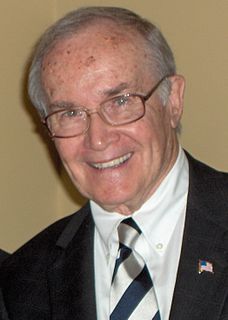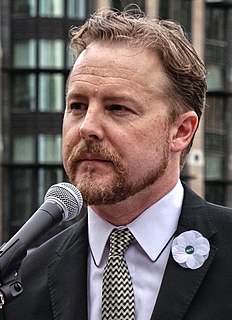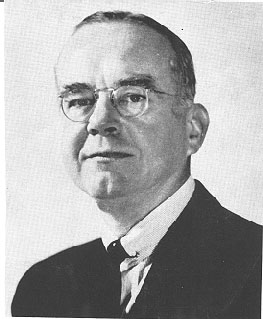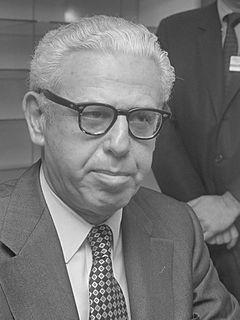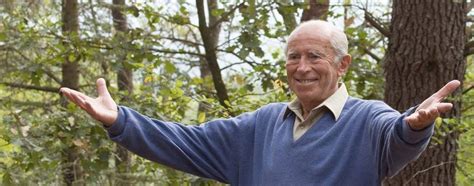A Quote by Marcus Tullius Cicero
Liberty consists in the power of doing that which is permitted by the law.
Related Quotes
In Germany, under the law, everything is prohibited, except that which is permitted. In France, under the law, everything is permitted, except that which is prohibited. In the Soviet Union, under the law, everything is prohibited, including that which is permitted. And in Italy, under the law, everything is permitted, especially that which is prohibited.
Liberty lies in the hearts of men and women; when it dies there, no constitution, no law, no court can save it ... The spirit of liberty is the spirit which is not too sure that it is right; the spirit of liberty is the spirit which seeks to understand the minds of other men and women; the spirit of liberty is the spirit which weighs their interests alongside its own without bias.
The good citizen will demand liberty for himself, and as a matter of pride he will see to it that others receive the liberty which he thus claims as his own. Probably the best test of true love of liberty in any country is the way in which minorities are treated in that country. Not only should there be complete liberty in matters of religion and opinion, but complete liberty for each man to lead his life as he desires, provided only that in so doing he does not wrong his neighbor.

